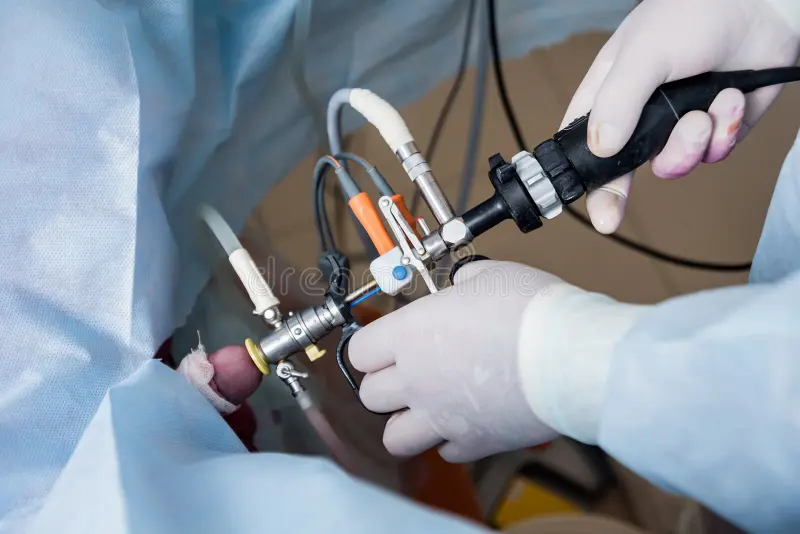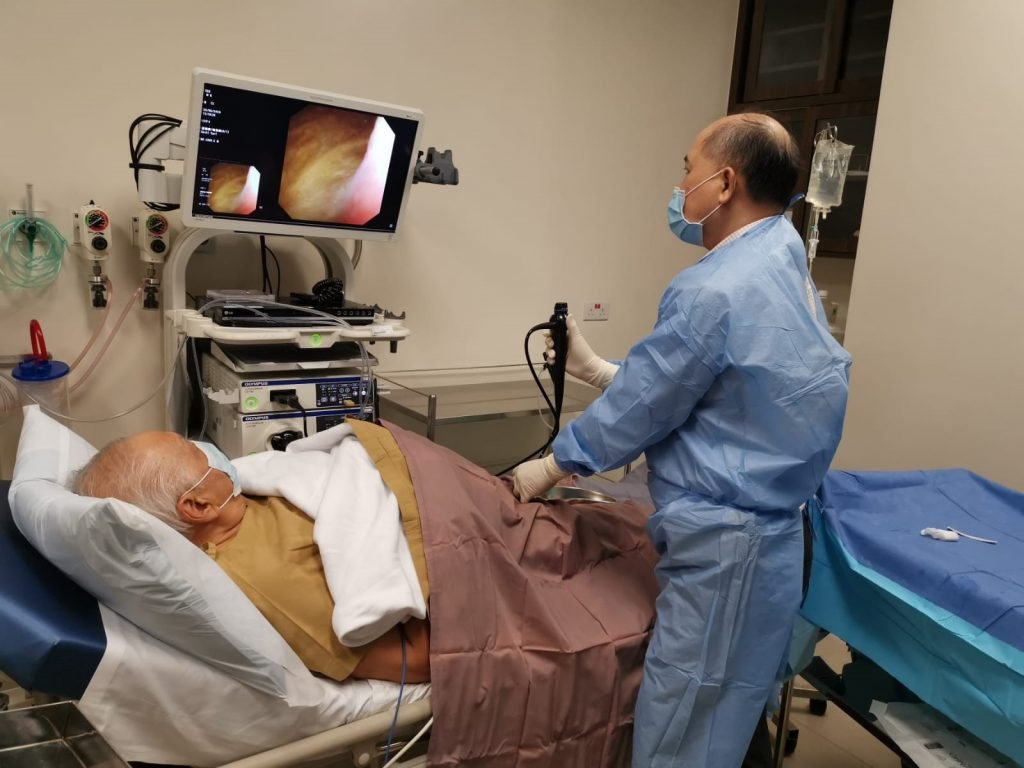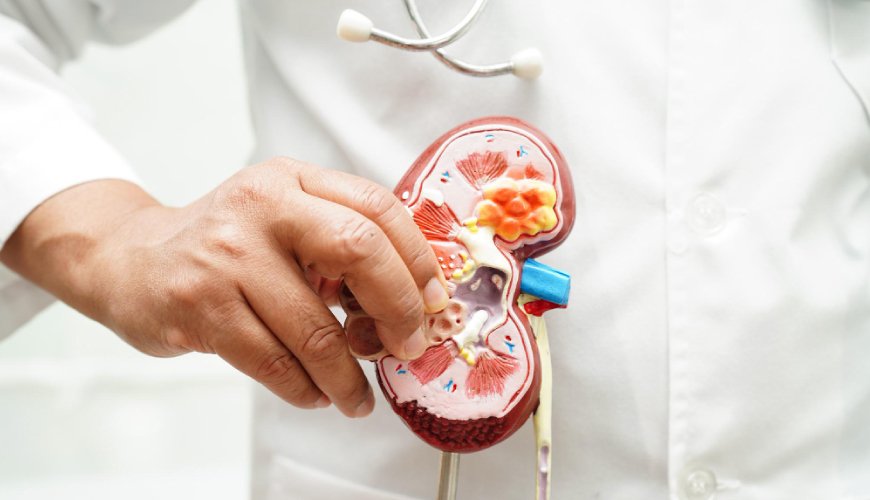Urological surgeries address conditions affecting the urinary tract and male reproductive organs. Knowing what to expect during the surgical process can ease anxiety and help you prepare for a smooth recovery. This article explains the essential steps before, during, and after urological surgeries.
Common Types of Urological Surgeries
- Kidney Surgery: Treats kidney stones, cancer, or other kidney issues.
- Bladder Surgery: Addresses bladder stones, cancer, or overactive bladder.
- Prostate Surgery: Includes procedures like prostatectomy for prostate cancer or transurethral resection of the prostate (TURP) for enlarged prostate.
- Urethral Surgery: Corrects issues like strictures or injuries.
Before Surgery: Preparing for the Procedure
1. Consultation with Your Urologist
Your doctor will explain the purpose of the surgery, potential risks, and expected outcomes. Use this opportunity to ask questions about the procedure and recovery timeline.
2. Medical Tests
Pre-surgery tests may include:
- Blood and urine tests to assess overall health.
- Imaging studies, such as ultrasounds or CT scans, to plan the surgery.
- Electrocardiograms (ECG) to evaluate heart health, especially for older patients.
3. Pre-Surgery Instructions
- Medications: You may need to stop taking certain medications, like blood thinners, before surgery.
- Fasting: Follow your doctor’s guidelines on fasting before the procedure.
- Lifestyle Changes: Quit smoking and avoid alcohol to promote faster healing.
4. Arrange Post-Surgery Care
Prepare for assistance with daily tasks during the initial recovery phase.
During Surgery: What Happens
1. Anesthesia
- Local, regional, or general anesthesia will be used depending on the procedure’s complexity.
- The anesthesiologist will ensure you remain comfortable throughout.
2. The Procedure
- Minimally Invasive Techniques: Many urological surgeries are performed laparoscopically or with robotic assistance, resulting in smaller incisions and faster recovery.
- Traditional Surgery: Open surgery may be necessary for complex cases.
3. Monitoring
During surgery, your vital signs will be closely monitored to ensure safety.

After Surgery: Recovery and Follow-Up
1. Immediate Post-Surgery Care
- Monitoring: After surgery, you’ll be observed in a recovery area until the effects of anesthesia wear off.
- Pain Management: Medications will be provided to control discomfort.
- Catheter Use: In some cases, a catheter may be placed temporarily to aid urination.
2. Recovery at Home
- Rest: Avoid strenuous activities and heavy lifting.
- Diet: Stay hydrated and eat a balanced diet to support healing.
- Medications: Take prescribed antibiotics or pain relievers as directed.
3. Signs of Complications
Contact your doctor if you notice:
- Fever or chills.
- Excessive pain, swelling, or redness around the surgical site.
- Blood in urine beyond the expected timeframe.
4. Follow-Up Appointments
Regular check-ups ensure proper healing and address any concerns.
Tips for a Smooth Recovery
- Follow all post-surgery instructions from your doctor.
- Stay active with light activities, such as walking, to improve circulation.
- Practice good hygiene to prevent infections.
Conclusion
Understanding what to expect during urological surgery can help you feel more confident about the process. Proper preparation, a supportive recovery environment, and consistent communication with your healthcare provider ensure the best outcomes. Always consult your urologist for personalized advice based on your condition.










